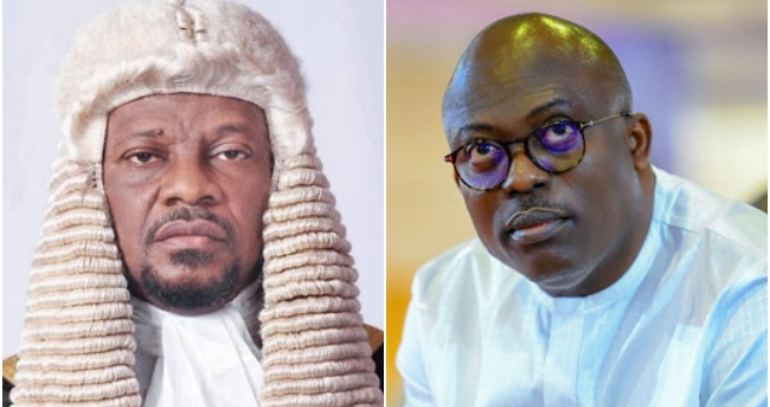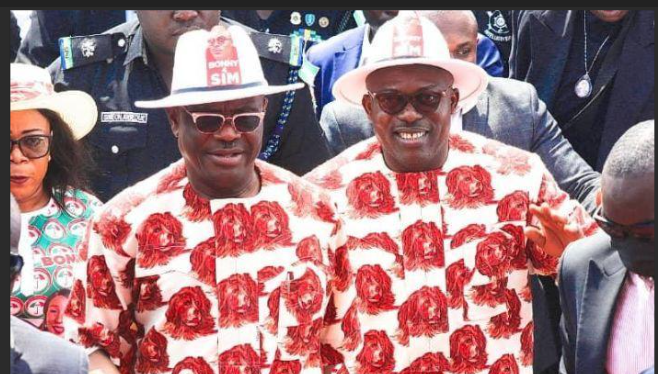A Fragile Return to Democracy
At midnight, 18th September 2025, Rivers’ State suspended government springs back to life. Governor Siminalayi Fubara and Speaker Martins Amaewhule face each other again, this time with Tinubu’s federal intervention temporarily out of the way. But the same forces that triggered the constitutional breakdown in March remain unresolved.

The underlying conflict between FCT Minister Nyesom Wike and his estranged protégé Fubara has merely been paused, not erased. Political observers in Port Harcourt warn that the reconciliation spirit Tinubu referenced may falter once power, budgets, and loyalty lines are redrawn.

The Oil Factor
Rivers is not just another state—it is Nigeria’s economic artery.
- Pipelines & Terminals: Hosting critical oil pipelines and export points, any instability in Port Harcourt directly impacts national revenue.
- Union Pressure: Oil workers’ unions had quietly bristled under emergency administration; their stance in the coming weeks could shape Fubara’s leverage.
- Federal–State Bargain: Tinubu’s control during the emergency showed Abuja’s willingness to tighten grip on oil security. The return to state control reopens questions about who truly manages Nigeria’s lifeline assets.
PDP in Crisis
The People’s Democratic Party, once Rivers’ power bloc, now stands split.
- Wike Camp: Holds numerical dominance in the Assembly and remains aligned with Tinubu’s APC.
- Fubara Camp: Relies on incumbency, grassroots sympathy, and Tinubu’s current neutrality.
- National Fallout: With the PDP convention looming in November, Rivers’ factional fight may spill into national leadership battles, weakening the opposition ahead of 2027.
Countdown to 2027

The emergency’s end doesn’t just reset Rivers—it recalibrates Nigeria’s political map.
- South-South Bargain: Fubara’s survival or defeat will influence how the oil-rich South-South votes in 2027.
- Tinubu’s Strategy: By lifting the emergency, Tinubu portrays himself as a restorer of democracy. But critics may see it as calculated timing to secure South-South goodwill.
- Opposition Futures: If the PDP cannot resolve Rivers, APC could exploit the chaos to expand its dominance.
The Stakes Ahead
For ordinary Rivers citizens, the expectation is simple: security, infrastructure, and jobs. But whether that materializes depends on whether Fubara and his Assembly rivals bury their daggers—or sharpen them.
Tinubu, in his speech, reminded all governors that democracy thrives only in “an atmosphere of peace, order, and good government.” The challenge is whether Rivers can deliver that lesson—or descend once more into paralysis.
This is IDNN. Independent. Digital. Uncompromising.
